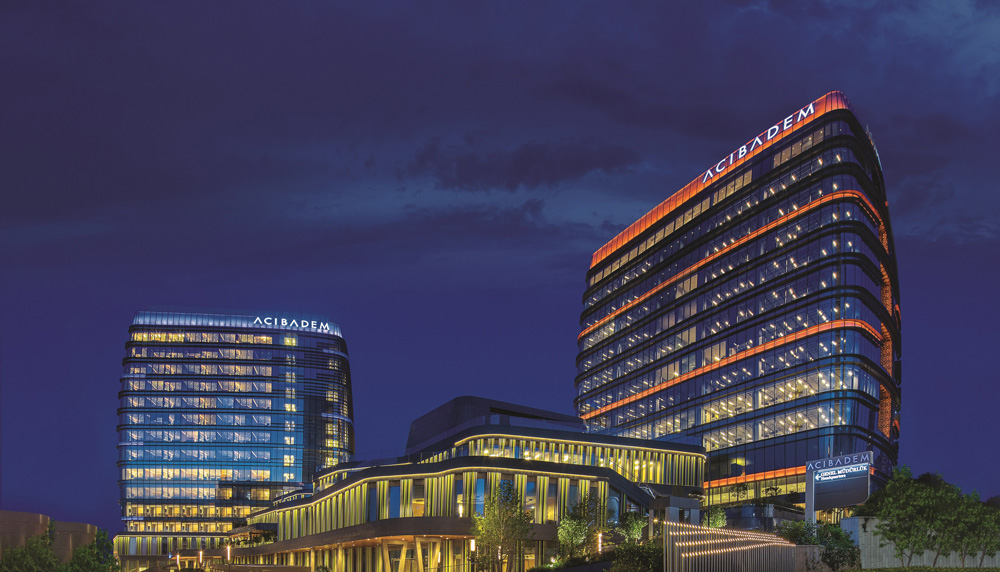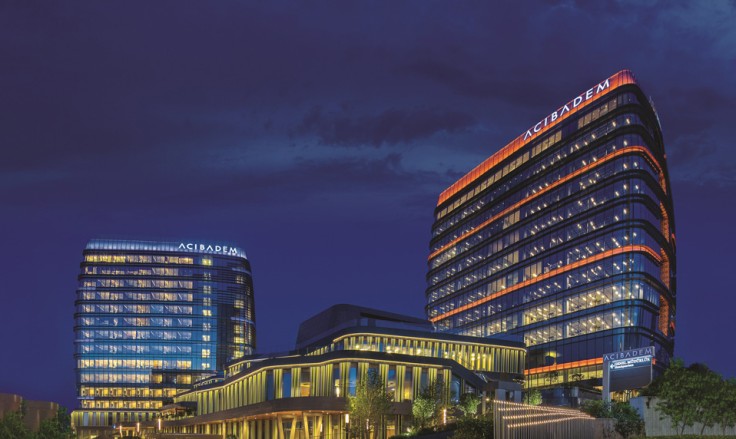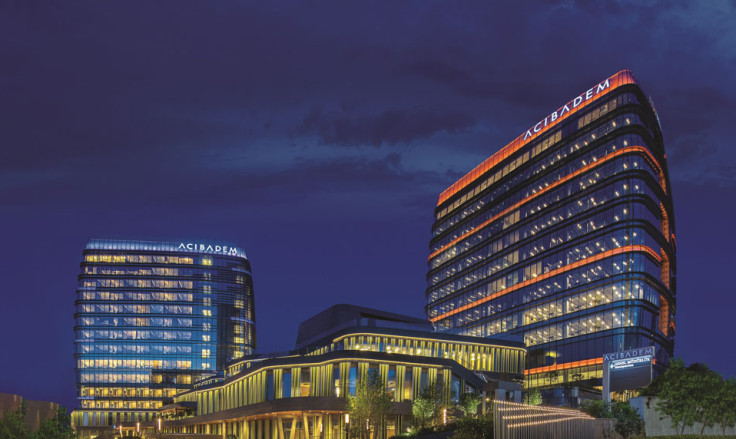Common Misconceptions About Plastic Surgery
Introduction
Plastic surgery has become increasingly popular in recent years. However, it is often surrounded by myths and misconceptions. Many people choose surgery to enhance their appearance or restore function. False beliefs about the procedures can cause unnecessary fear and confusion. This article will address common misconceptions about aesthetic surgery. Read on to explore accurate information to help you make an informed decision.
Plastic Surgery is the Same as Cosmetic Surgery
One of the most common misconceptions is that plastic surgery and cosmetic surgery are the same. While they are related, there are important differences between the two.
- Plastic Surgery: It encompasses both reconstructive and cosmetic procedures. Reconstructive surgery focuses on correcting defects caused by trauma, disease, or congenital conditions. Examples include cleft palate repair, burn reconstruction, and breast reconstruction after mastectomy.
- Cosmetic Surgery: It is a subset of plastic surgery that focuses on enhancing appearance. Procedures like rhinoplasty, facelifts, and liposuction fall under this category. The goal is to improve aesthetics rather than to correct a functional issue.
Plastic Surgery is Only for Women
Another widespread myth is that aesthetic surgery is only for women. In reality, plastic surgery is not gender-specific. An increasing number of men are opting for these procedures.
- Male Plastic Surgery: Men are seeking plastic surgery to address a number of issues. Including gynecomastia (male breast reduction), hair restoration, and body contouring. Common male cosmetic procedures include facelifts, liposuction, and rhinoplasty.
- Growing Trend: The number of men undergoing cosmetic procedures has steadily increased over the past decade. This debunks the idea that plastic surgery is exclusively for women.
Plastic Surgery Always Looks Fake or Unnatural
Many people fear that plastic surgery will leave them looking "fake" or "overdone." This misconception likely stems from the visibility of some extreme cases in the media. However, choose an experienced, board-certified plastic surgeon. This will help achieve your goal of achieving natural, harmonious results.
- Natural-Looking Results: Plastic surgeons work to enhance a patient's natural features. Rather than drastically altering their appearance. Procedures like rhinoplasty or breast augmentation can be subtle. This creates balanced and proportionate results.
- Customization: Surgeons tailor each procedure to the individual’s anatomy and goals. This ensures a personalised approach that maintains a natural look.
Only the Wealthy Can Afford Aesthetic Surgery
Many people believe that plastic surgery is only accessible to the wealthy. This is not always the case. While some procedures can be costly, there are a variety of options available. Surgery options can cater to different budgets.
- Cost Variations: The cost of surgery varies based on the type of procedure and surgeon. Some less invasive procedures, such as Botox or dermal fillers, are more affordable than major surgeries like facelifts or tummy tucks.
- Location Options: Surgery in countries like Turkey is significantly cheaper than places like the UK.
- Financing Options: Many clinics offer financing plans that allow patients to pay for their procedures in instalments. Making them more accessible to a wider range of people.
Plastic Surgery is Only About Vanity
A common misconception is that plastic surgery is solely about vanity. However, many plastic surgeries are performed for functional or reconstructive purposes. Not just cosmetic reasons.
- Reconstructive Surgery: Plastic surgery helps individuals recover from trauma, disease, or congenital deformities. For example breast reconstruction after cancer, cleft palate repair, and burn reconstruction. They aim to restore function and improve quality of life.
- Self-Confidence: For some, cosmetic procedures are about restoring confidence after life changes. Such as significant weight loss or ageing. These surgeries can help individuals feel more comfortable and confident in their appearance.
Plastic Surgery is a Quick Fix
Some people believe that surgery offers a quick and effortless way to achieve their desired appearance. In reality, surgical procedures are not a magic solution. It requires commitment to both the procedure and recovery process.
- Surgery and Recovery: Every plastic surgery involves a recovery period that varies based on the procedure. Patients need to follow post-operative care instructions carefully. This may include taking time off work, wearing compression garments, and avoiding strenuous activities.
- Long-Term Commitment: Maintaining the surgery results often requires a commitment to a healthy lifestyle. Including regular exercise and a balanced diet. Weight gain or poor skin care can affect the longevity of the results.
Plastic Surgery is Risk-Free
No surgery is entirely risk-free. Some people believe that surgery is simple and carries no risks, but this is not true.
- Potential Complications: As with any surgical procedure, there are risks associated with plastic surgery. Including infection, scarring, bleeding, and anaesthesia complications. The likelihood of complications can be minimised by choosing a board-certified, experienced surgeon.
- Choosing a Surgeon: It’s important to select a qualified plastic surgeon with a proven track record of success. Always check credentials and patient testimonials to ensure a safe experience and successful outcome.
Plastic Surgery is Permanent
Another misconception is that the results last forever. While surgery can provide long-lasting results. It's important to understand that the ageing process and lifestyle factors can still affect the outcome over time.
- Ageing Continues: Procedures like facelifts or eyelid surgery may make you look younger. But they cannot stop the natural ageing process. Over time, your skin will continue to age. Further touch-ups may be needed to maintain the results.
- Lifestyle Factors: Weight fluctuations, sun exposure, and smoking can also affect the longevity of your results. Maintaining a healthy lifestyle is essential for preserving the benefits of plastic surgery.
Conclusion
Plastic surgery is often misunderstood due to common misconceptions. It is important to recognize that surgery serves both cosmetic and reconstructive purposes. It is accessible to both men and women, and is not dependent on wealth. Furthermore, plastic surgery requires consideration, realistic expectations, and commitment to recovery. By choosing a qualified surgeon and understanding the realities can help you make an informed decision.
For more information on plastic surgery, please visit the ACIBADEM Beauty Center webpage.






